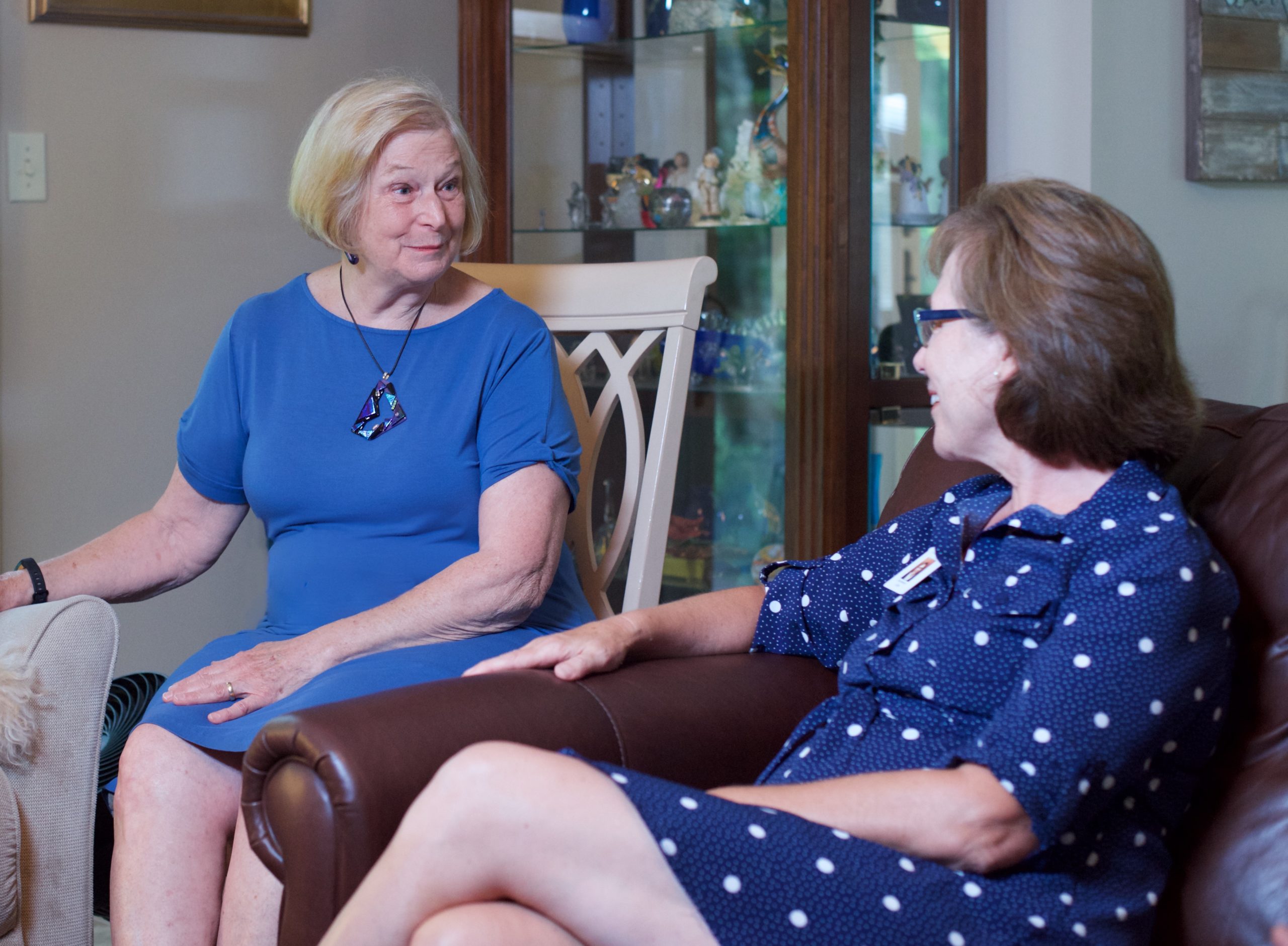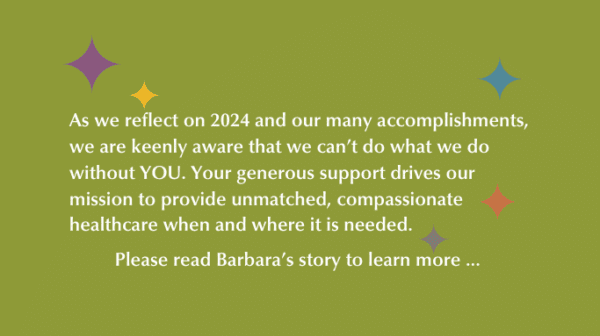

Above: Advance Care Planning includes discussing topics such as wishes for care, COVID-19-specific conditions and benefits vs. burdens of particular decisions. Cindy Merritt is to the right. RVNAhealth Social Worker Cindy Merritt is to the right.
We all make decisions every day, some more important than others. We decide where to live, what car to buy, what to have for dinner. Yet many of us postpone some of the most important decisions: our wishes for healthcare, in the event that we become unable to express them. In 2020, National Healthcare Decisions Day is observed on April 16 to inspire, educate, and empower the public about the importance of Advance Care Planning.
An Advance Care Plan provides direction to healthcare professionals when a person is not in a position to make and/or communicate their own healthcare choices, and it enables family and friends to follow a loved one’s wishes without the burden of trying to figure out what they are.
Considerations During COVID-19
An Advance Care Plan is always a gift to yourself and your loved ones. But during the COVID-19 pandemic, with so many hospitals overburdened, everyone should be having conversations regarding wishes and what people want if they become infected with the virus, or suffer any severe illness.
“The place to start your plan is not at the hospital,” says RVNAhealth Social Worker Cindy Merritt, LCSW. “It’s at your kitchen table.”
Receive Free Advance Care Planning Through RVNAhealth
It’s easy to find excuses to delay Advance Care Planning. “I don’t have the time,” or “I don’t know how.” RVNAhealth is now making it simple for members of the community to get support, free of charge. Key members of the RVNAhealth ComfortWELL team are facilitating consultations via telehealth methods (phone, FaceTime, WhatsApp and other video-conferencing methods as needed) to help you understand topics including wishes for care, COVID-19-specific conditions, and benefits vs. burdens of particular decisions.
“A health crisis can happen at any time; it’s important to be prepared,” says Cindy. “An Advance Care Plan puts you in control of your own care — and it’s comforting to your loved ones when your wishes are already made clear.”
For more perspective on Advance Care Planning during this challenging time in this essay by RVNAhealth Chief Clinical Officer Keri Linardi.



